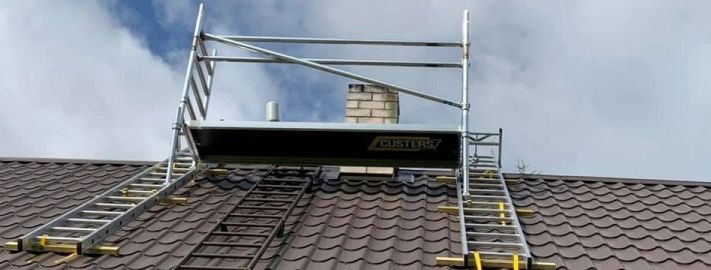How to ensure fire safety in your home
Fire safety is a critical aspect of home maintenance that should never be overlooked. Ensuring that your home is equipped to prevent and respond to fires can protect your property and save lives. This guide will provide you with comprehensive information on how to maintain fire safety in your home.
Understanding Common Fire Hazards
Electrical fires are a common cause of home fires. Faulty wiring, overloaded circuits, and outdated electrical systems can all pose significant risks. Regular inspections by a qualified electrician can help identify and rectify potential hazards.
Cooking is the leading cause of home fires. Unattended cooking, grease buildup, and flammable materials near cooking areas can quickly lead to a fire. Always stay in the kitchen while cooking and keep flammable items away from heat sources.
Heating equipment, such as space heaters and fireplaces, can also be fire hazards if not used properly. Ensure that these devices are well-maintained and used according to the manufacturer's instructions.
Smoking materials, including cigarettes and matches, are a leading cause of fire-related deaths. Always smoke outside and ensure that cigarettes are fully extinguished before disposal.
Essential Fire Safety Equipment
Smoke alarms are your first line of defense in detecting fires. Install smoke alarms on every level of your home and test them monthly to ensure they are functioning correctly.
Having a fire extinguisher in key areas of your home, such as the kitchen and garage, can help you quickly respond to small fires. Ensure that all household members know how to use them.
Fire blankets can be used to smother small fires or wrap around a person whose clothing has caught fire. Keep them in accessible locations, especially in the kitchen.
Fire Safety Practices and Tips
Regularly inspect your home for potential fire hazards and ensure that all safety equipment is in working order. Schedule annual inspections of your heating systems and electrical wiring.
Never leave cooking unattended and keep a close eye on what you are frying, grilling, or broiling. Keep flammable items away from the stove and clean up grease buildup regularly.
Avoid overloading electrical outlets and replace any frayed or damaged cords. Use surge protectors and consider upgrading your electrical system if it is outdated.
Keep flammable materials away from heating equipment and have your systems inspected annually. Use space heaters with automatic shut-off features and never leave them unattended.
Creating a Fire Escape Plan
Develop a fire escape plan that includes at least two exits from every room. Ensure that all windows and doors can be easily opened and that escape routes are free of obstructions.
Regularly practice your fire escape plan with all household members. Conduct fire drills at least twice a year to ensure everyone knows what to do in case of a fire.
Educating Family Members and Tenants
Educate all family members and tenants about fire safety practices and the proper use of fire safety equipment. Consider attending a fire safety course for more in-depth training.
Ensure that everyone in your home knows how to contact emergency services. Keep a list of emergency contacts in a visible location, such as on the refrigerator.





Comments (0)